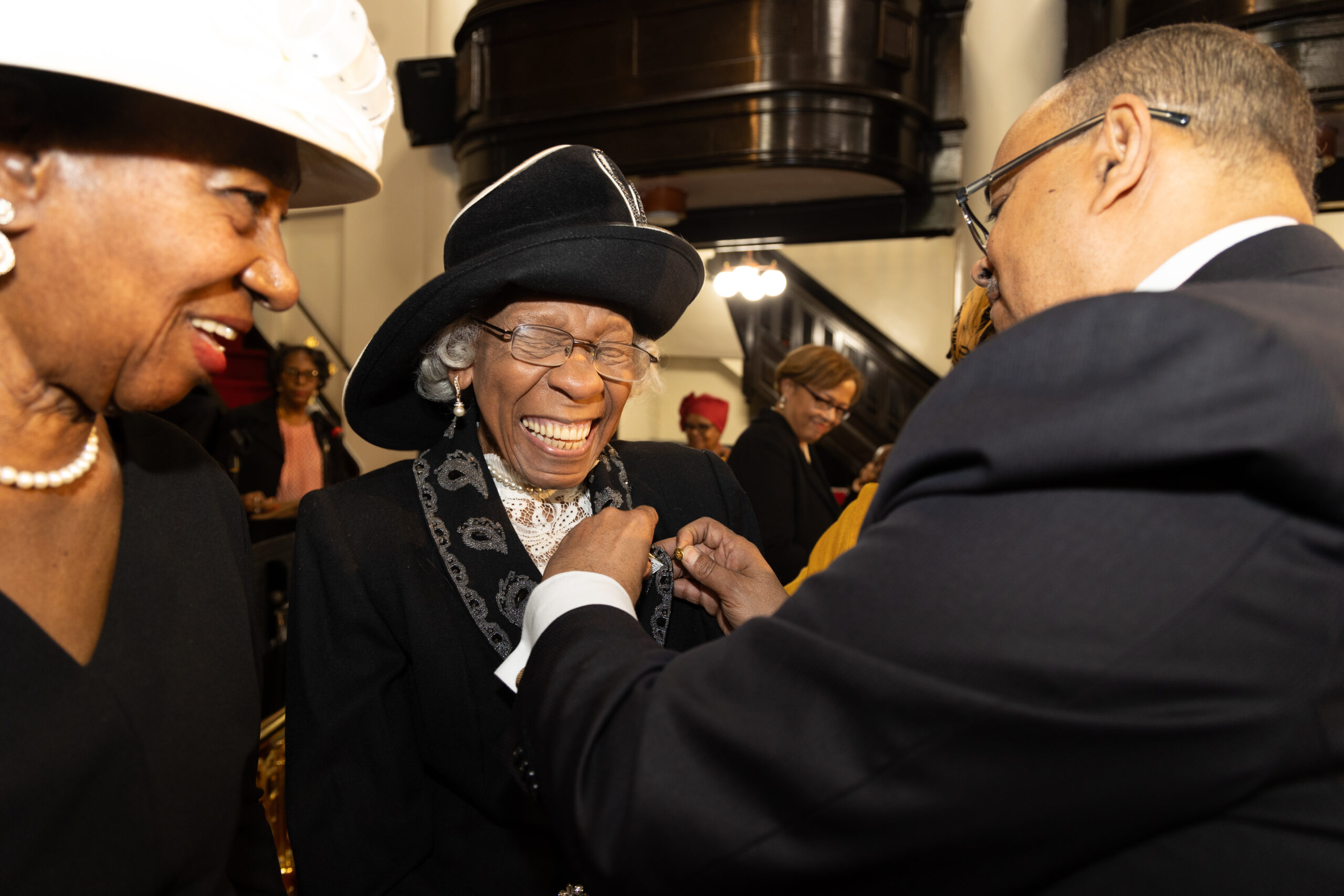Emotions during the Holidays
Dr. Jennifer Sims, Contributing Writer
My first job was as a part-time seasonal sales associate in the Christmas Shop of a department store. I sold store gift cards, decorations, and toys to shoppers who were preparing for Christmas and other winter holidays. I loved listening to Christmas music, smelling eggnog-scented candles, and chatting with customers about holiday plans. My big smile and “Thank you! Merry Christmas!” were the sincere valedictions of a person filled with holiday cheer. Usually.
Sociologist Arlie Hochschild has explained that some jobs, like flight attendants, restaurant workers, and retail sales associates, require employees to manage their emotions as a routine part of performing their duties. In these and many other public-facing positions, part of one’s job is to suppress whatever you are really feeling at the moment and instead enact a company-mandated emotion, such as retail workers being required to display a happy disposition in order to facilitate the customer feeling welcomed and served. Hochschild calls this “emotion labor” when it is done as part of paid employment and “emotion work” when it is done in non-employment-related aspects of life.
When a person tries to change how they are actually feeling, though, instead of just outwardly “faking it,” Hochschild calls that “deep acting.” Trying to force oneself to actually feel a certain way is hard; and in relationships, attempts to not just behave but feel as others expect can breed bitterness and resentment. One place there is no emotion work, labor, or deep acting expectation, however, is with God. God does not require us to feel one narrow particular way all the time. When we talk to God in prayer, we can be joyful, sorrowful, fearful, disgusted, angry, or in any other emotional state and still our prayers will be valid and heard.
Scholarship on emotions, especially “toxic positivity,” reminds us that many people expect others, and even expect themselves, to feel “positive” emotions all the time. During the holidays, the expectation for “positive” emotions like rejoicing, celebrating, and being consistently “in good cheer” is heightened. Yet although this is “the most wonderful time of the year,” difficulties like final exams for students as well as tragedies such as a sudden death in the family still occur and cause strong and varied emotions. One gift we can give each other this holiday season that can carry on into the New Year is the same gift that God gives us in prayer: a break from emotion work, labor, and deep acting and a needed space to feel, even enjoy, the full range of human emotions.





